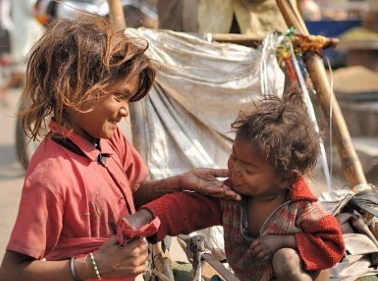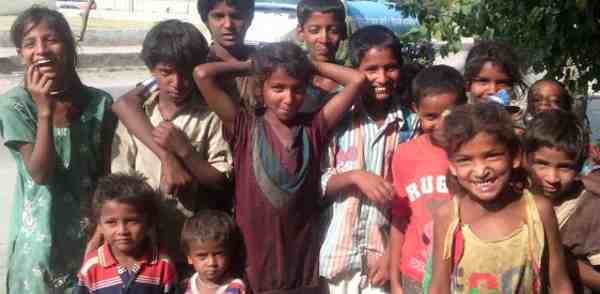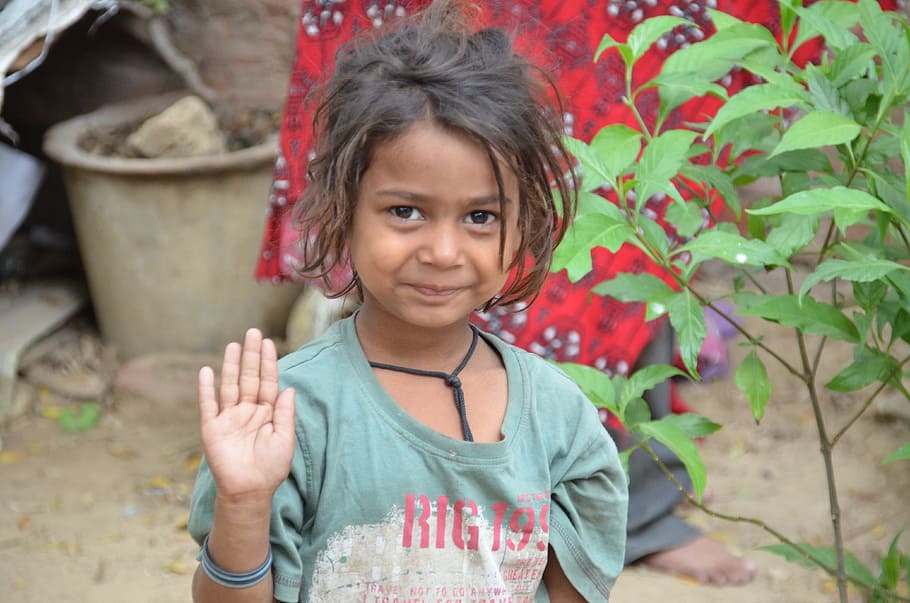
In the vast expanse of the African continent, amidst its breathtaking landscapes and rich cultural heritage, lies a harsh reality that plagues the lives of many children: the devastating combination of illness and poverty. Despite efforts to improve healthcare systems and alleviate poverty, countless children in Africa continue to suffer from preventable diseases and lack of access to basic medical care.

One of the most pressing issues is the prevalence of infectious diseases such as malaria, HIV/AIDS, and tuberculosis. These diseases disproportionately affect children in impoverished communities, where factors like malnutrition and lack of sanitation exacerbate their susceptibility. According to the World Health Organization (WHO), malaria alone claims the lives of hundreds of thousands of African children each year, robbing them of their futures and perpetuating the cycle of poverty.

Moreover, inadequate healthcare infrastructure further compounds the problem. Remote villages often lack health facilities, forcing families to travel long distances in search of medical assistance. For many impoverished families, this journey is arduous and costly, pushing them deeper into poverty and depriving their children of timely treatment.
In addition to physical illnesses, mental health issues among African children are often overlooked and stigmatized. Trauma from conflict, displacement, and extreme poverty can have profound effects on children’s psychological well-being, yet mental health services are scarce and inaccessible for many.

Furthermore, the economic burden of illness can plunge families into a cycle of debt and destitution. Medical expenses, coupled with loss of income due to caregiving responsibilities, can push families further into poverty, limiting children’s access to education and trapping them in a cycle of disadvantage.
Despite these challenges, there is hope on the horizon. Organizations and individuals across Africa are working tirelessly to address the root causes of childhood illness and poverty. From community health initiatives to advocacy for policy change, there is a growing movement to ensure that every child in Africa has the opportunity to thrive.

In conclusion, the intersection of illness and poverty presents a daunting challenge for children in Africa. However, with concerted efforts and collective action, we can create a brighter future where every child has access to the healthcare and support they need to reach their full potential.








